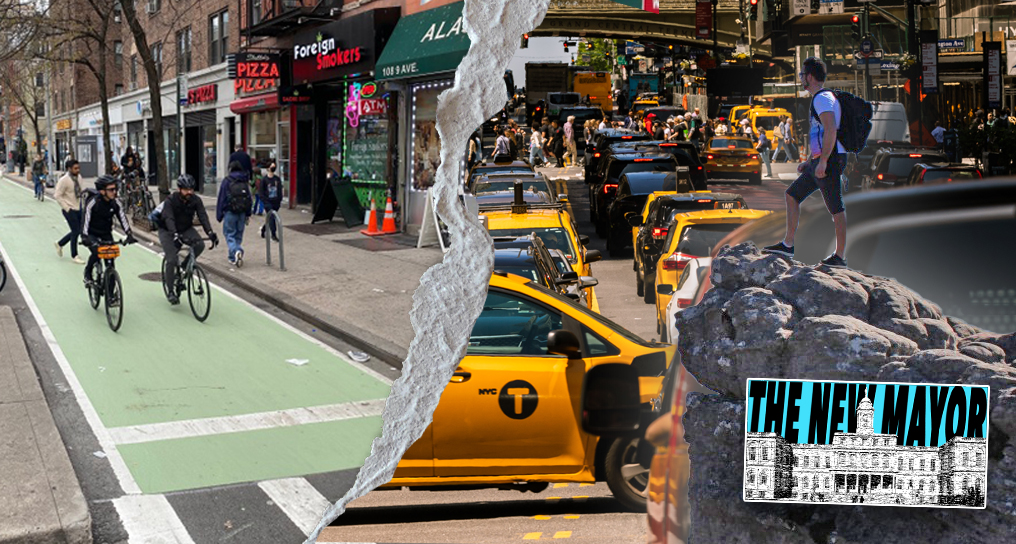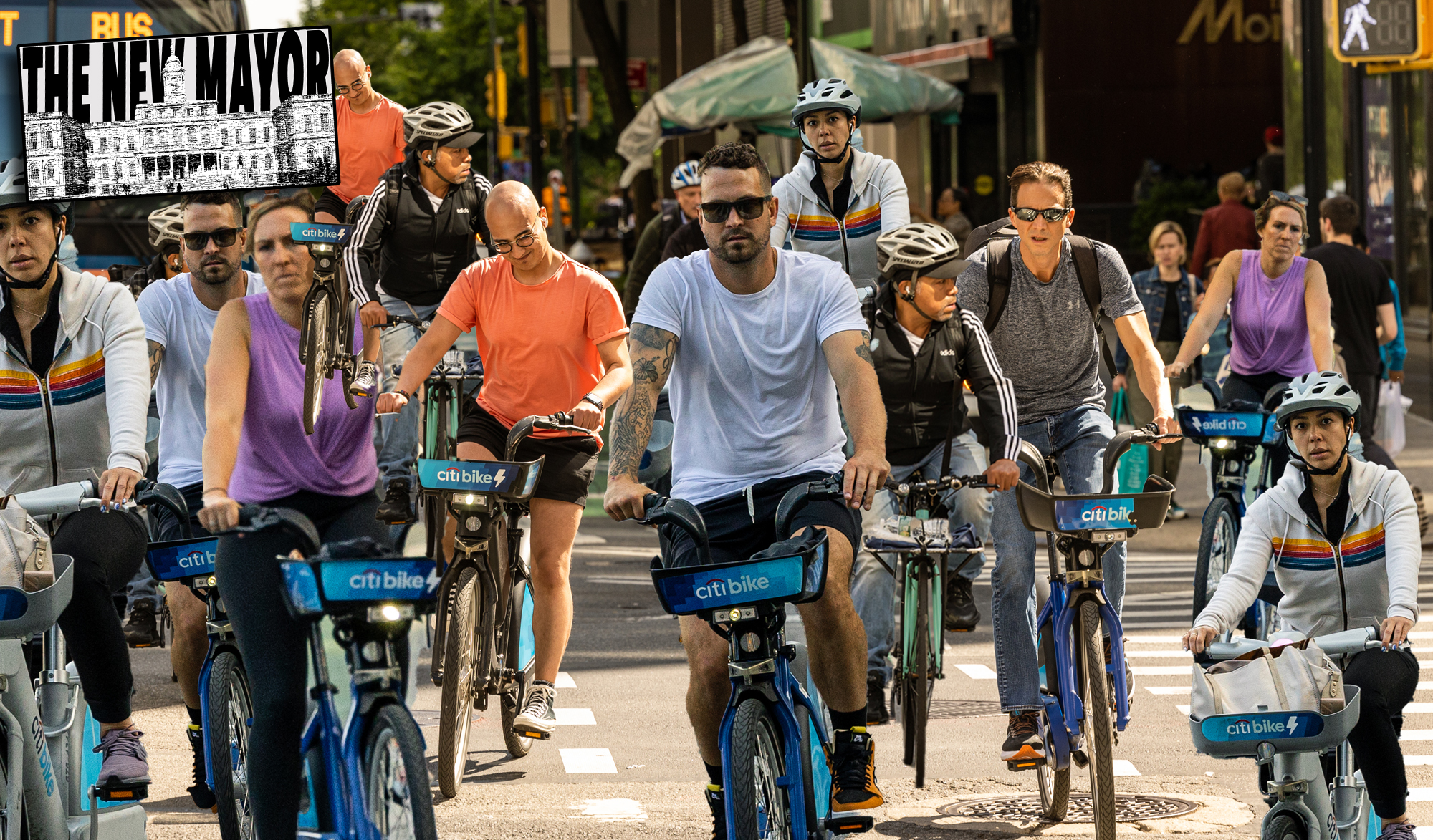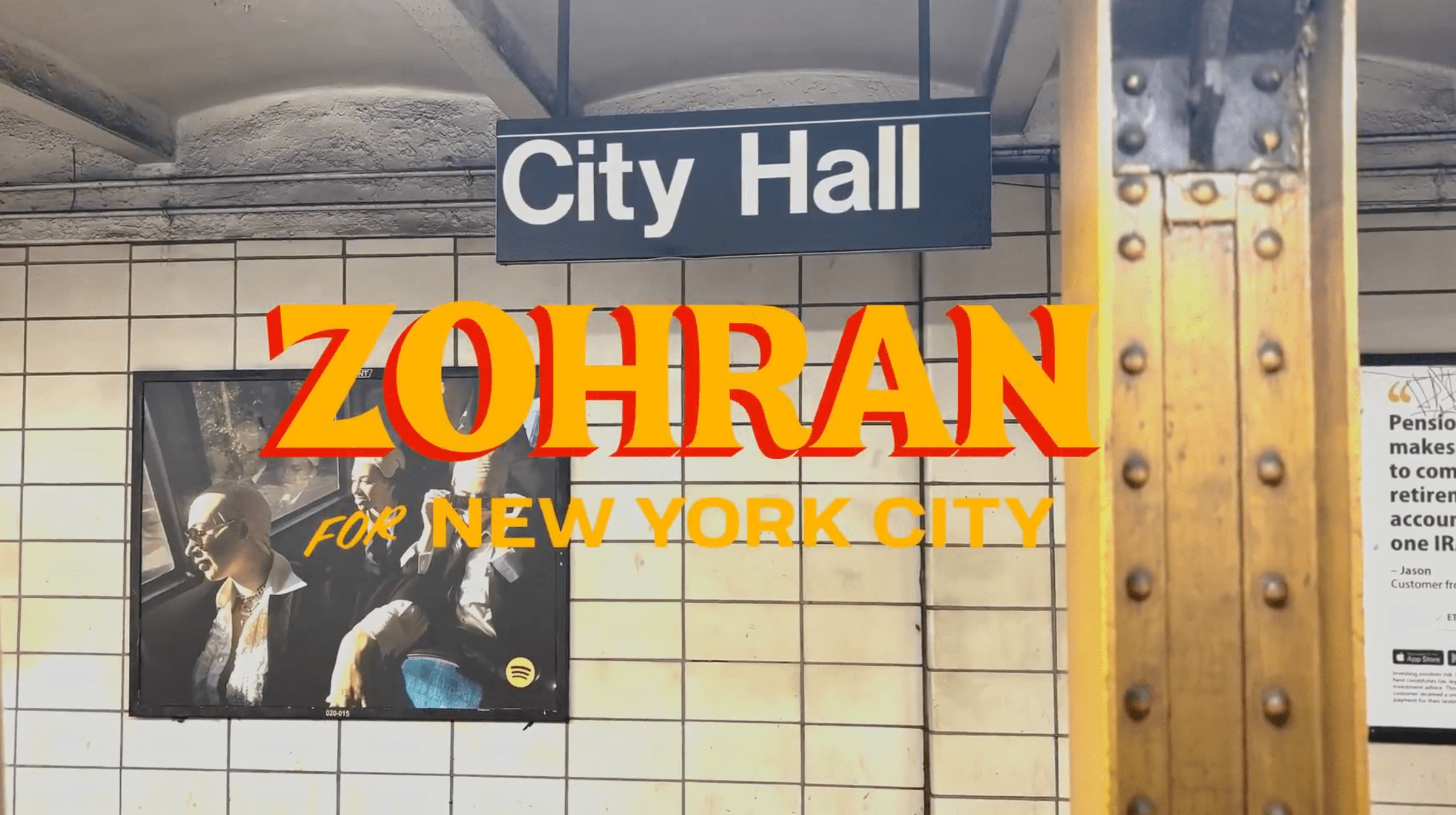Roderick M. Hills, Jr. is the William T. Comfort III Professor of Law at New York University Law School.
When Mayor Bloomberg failed in 2008 to persuade the state legislature to give New York City the power to toll roads and bridges into the Manhattan Central Business District, the fight for a congestion charge appeared lost. Behind this perception was the assumption that New York City did not already have the power to enact congestion fees.
In my view, this assumption is false. Section 1642(a)(4) of the NY Vehicle & Traffic Law already authorizes cities with a million residents (a.k.a. New York City) to impose “tolls, taxes, [and] fees … for the use of the highway or any of its parts where the imposition thereof is authorized by law.” As I argue in the latest issue of City Law [PDF], this provision is best construed to delegate to New York City the power to toll its roads and bridges, so long as the City Council enacts a local law defining the toll. Such a local law would satisfy Section 1642(a)(4)’s requirement that “tolls, taxes, and fees” be “authorized by [local] law.”
In short, New York City does not need Albany’s permission to pass a “congestion fee” ordinance. It already has the power to do so without further state legislation.
Is there any argument against this straightforward reading of Section 1642(a)(4)? One might respond that those last three words -- "authorized by law" -- mean "authorized only by state law." But this reading makes little sense. Reading the statute to require an additional state law before New York City may toll its roads effectively reduces Section 1642(a)(4) to a tautology, essentially reading it to say that "state law gives New York City the power to toll roads if state law gives New York City the power to toll roads." By contrast, reading the statute to allow NYC to impose congestion fees when "authorized by either state or local law" construes the statute to place a familiar "non-delegation" limit on local officials' power, by requiring the mayor or commissioner of transportation to secure a fee schedule from the City Council before they impose tolls on drivers.
Does this argument mean that New York City’s enactment of a “congestion fee” ordinance would not face legal challenges? Unfortunately, no: For one thing, opponents of congestion pricing would almost certainly litigate to protect the status quo. Moreover, notwithstanding the straightforward language of the Vehicle & Traffic law, many prominent attorneys with expertise in local government law are skeptical about the idea that New York City can act alone on congestion fees. What explains this skepticism?
I suspect that the reluctance to read Section 1642(a)(4) to mean what it says springs from a longstanding presumption that local governments should not be able to burden freedom of movement on the roads without very clear state authorization. The fear is that our road network could become bogged down by hundreds of petty restrictions on its use. But Section 1642(a)(4) bestows special tolling power on New York denied to all other local governments in New York State. There is no danger that, by reading Section 1642(a)(4) according to its terms, other cities will be able to burden freedom of movement.
Moreover, to say that the state legislature alone should handle such matters because the city might burden non-resident drivers is to ignore the political incentives of the city to facilitate traffic movement into and within the Manhattan CBD (and reap a corresponding yield of commerce and tourism). It makes little sense to force New York City to go hat in hand for permission to govern its own roads from upstate politicians representing Rochester or Buffalo who have little interest in or experience with New York City’s traffic problems. Such a system of micromanaging the city from Albany is an invitation for state politicians to hold hostage legislation that the city desires until the city's representatives pay a "toll" of pork, tax relief, or other up-state goodies.
Moreover, congestion fees do not bog down traffic: they liberate it from jams. As economist Charles Komanoff has demonstrated, untolled roads are a tragic commons for automobile drivers who, oblivious of the external cost that each imposes on the other, mire each other in traffic jams that stop free movement. In this sense, tolls are movement-liberating, not movement-impeding: They send a price-signal to drivers about the consequences of their decisions so that drivers can better coordinate their decisions to use the roads, with low-value trips making way for higher-value trips. To deprive the city of the power to toll roads and bridges in the name of freedom of movement is, therefore, perverse.
Finally, a judicially invented presumption against local governments’ tolling the roads cannot trump the plain language of a state statute delegating special tolling powers to New York City. The New York State legislature comprehensively re-codified the traffic laws in 1960 in anticipation of the then-ongoing highway revolution. Through our state legislature, we declared that New York City was special -- that it could be trusted, because of its scale economies and financial sophistication, to impose tolls denied to other municipalities in the state. This is the obvious import of the words of VTL Section 1642(a)(4). To read those words out of existence through mindless habit is the antithesis of good lawyering and good judging.
Do these arguments guarantee that New York City would prevail before a State Supreme Court judge if a new city-enacted congestion fee ordinance were challenged in court? There are no guarantees. But the language of existing law seems to give the city ample power to make good transportation policy. Is it not time for city leaders to put this power to the test?





